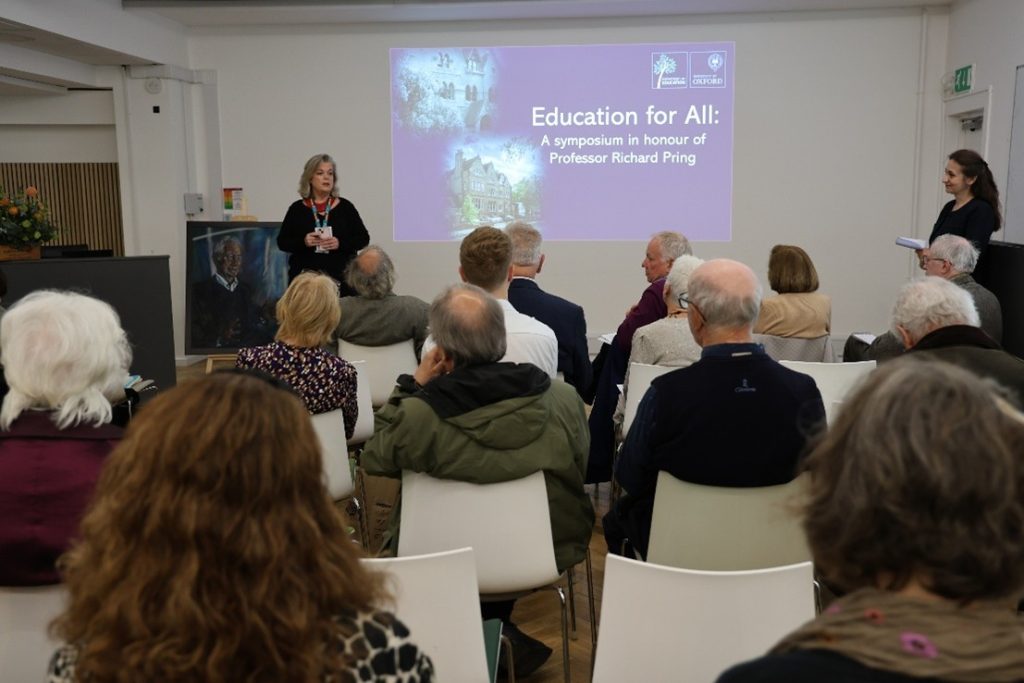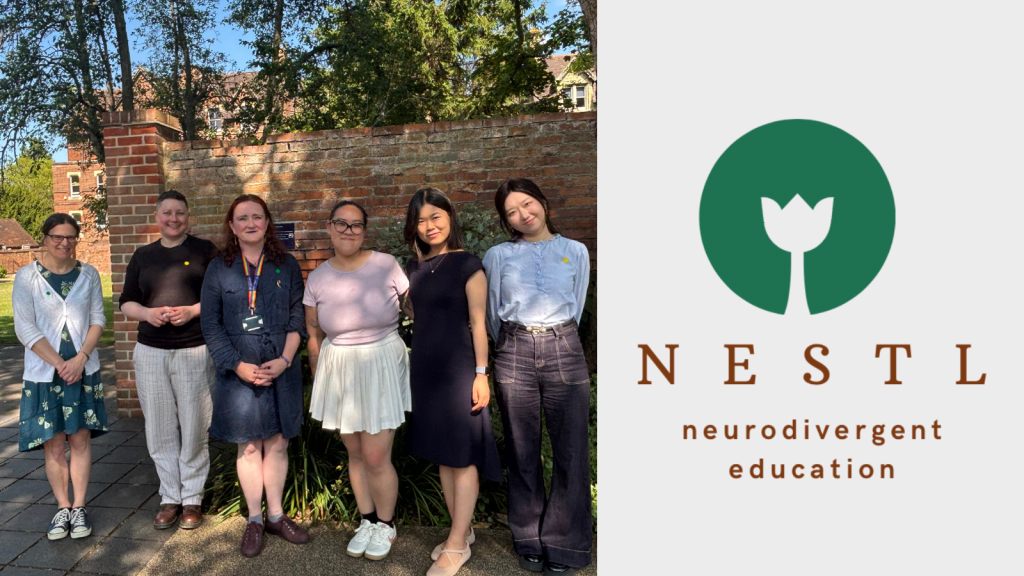A review authored by Sonali Nag examines the quality and range of tools used to measure literacy and foundational learning in developing countries.
The review covers the assessment of language and literacy skills in children from age 3 to 14 (or preschool to Grade 8). It also includes assessment tools from studies published between 1990 and 2014, rated as ‘Moderate’ or ‘High’ in methodological quality. The importance of this review becomes clear when one considers the fact that not all assessments are suitable for supporting the decisions often made on the basis of the data they produce. Care should be taken to ensure that tests capture students’ level of learning and are sensitive to small differences in attainment. Tests should also be fair: “A good test is one that is considerate to the child’s learning history, child’s cultural background, child’s linguistic assets… A good test tries to not be influenced so much by contextual factors so that you get the child’s level of learning”. Two of the key messages from this report are: a) funders and teachers should focus on assessment of comprehension and understanding through all stages of literacy development and b) researchers should commit to transparent and thorough reporting on the cycle of instrument development and the properties of the assessment tool.
The main report is supported by an evidence brief , two briefing notes (on contextual issues and what to test and why) and an interview with the author.








